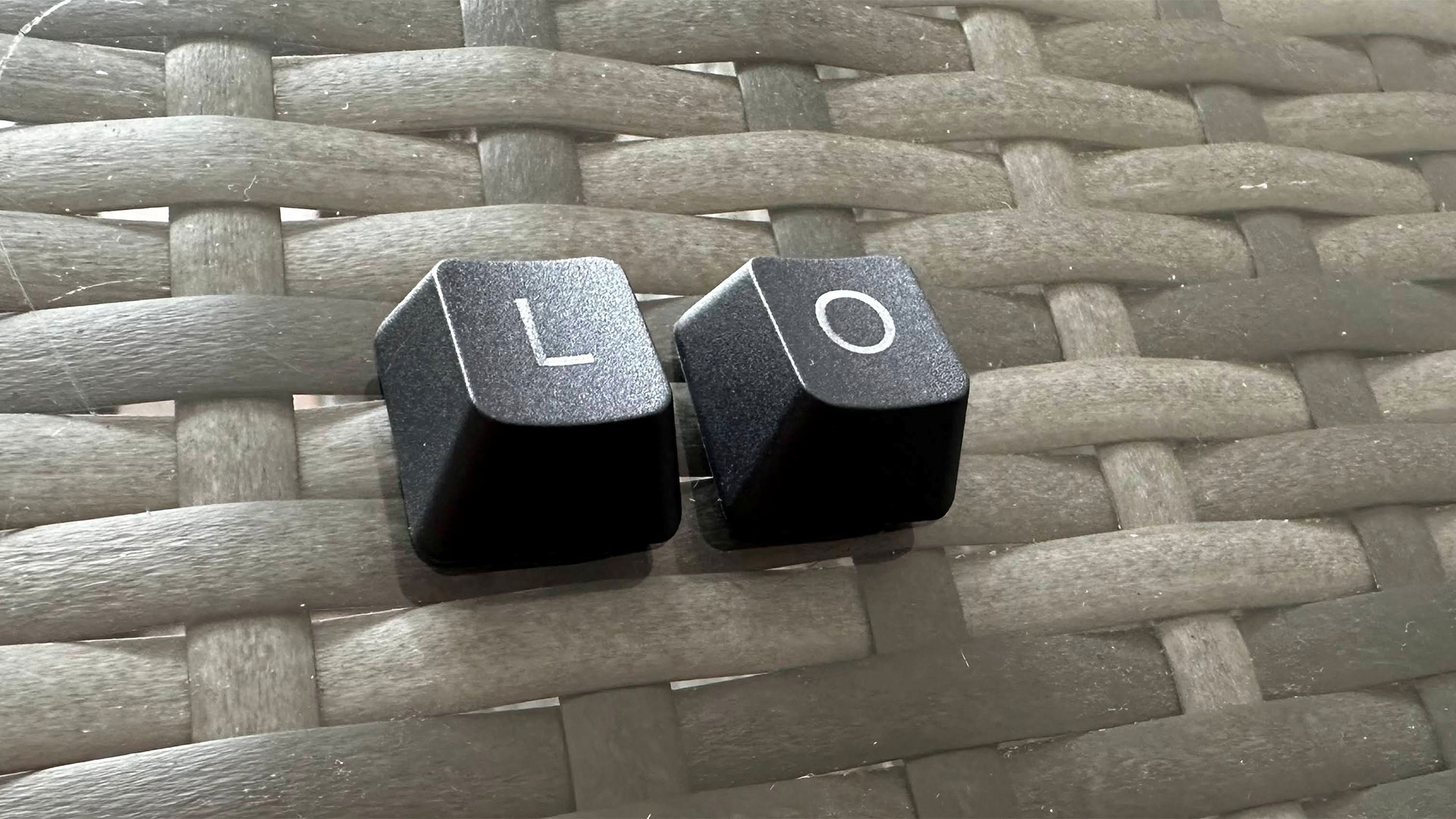The internet was born this week in 1969, and immediately glitched — only two of the five letters in the first computer-to-computer message were received
The receiving computer crashed as it couldn’t cope with the transmission speed of 5,000 characters per second.

The foundations of the internet were set 56 years ago. However, like many other great moments in history, the story of the first computer-to-computer message sent over a distributed packet-switched network, began with an underwhelming fizz, rather than a bang. Moreover, it involved a computer crash and a ‘typo’ – how thoroughly modern.
If you’ve read or watched anything about the history of the internet, you will have probably heard of ARPANET (the Advanced Research Projects Agency Network). At around 10.30pm on October 29, 1969, two scientists set out to test communications between two of the four systems ARPANET systems, 350 miles apart.
Charley Kline from UCLA intended to send the first message across this embryonic distributed network. He’d settled on just five characters, typing out ‘LOGIN’ for the momentous occasion. However, Bill Duvall at Stanford Research Institute (SRI) only received ‘LO’ before his computer system crashed… Great start.
Kline didn’t realize the magnitude of this achievement at the time. Instead, he and Duvall, instantly went into troubleshooting mode to fix the issue that caused the crash.
Buffer overflow
It turned out that the Interface Message Processors used as a kind of ‘modem’ to connect the ARPANET machines were not ready for the throughput demanded. The IMPs were designed for data transfers of around 10 characters per second, but the ‘LOGIN’ message had been transmitted at 5,000 characters per second, Duvall noted in an interview with the BBC last year.
Ironing out this major issue took the scientists just an extra hour to complete. According to the first-hand testimony, after changing the communication buffer size and rebuilding the system, this distributed packet-switched network could send and receive messages without issues, as intended.
At the time, ARPANET was just a four system network. In addition to the UCLA and SRI nodes, noted above, there were systems at the UC Santa Barbara, and the University of Utah, forming this primordial internet.
Get Tom's Hardware's best news and in-depth reviews, straight to your inbox.
Two decades before the WWW
Of course, ARPANET had its roots in military research, designed to sustain communications in the event of a nuclear attack. It would be decades before the internet would become a consumer-facing utility.
For example, between 1969 and the founding of the first consumer ISPs, we would see key innovations like Email (1971), the TCP/IP protocol development and standardization (1973-83), the DNS system (1983), the rollout of NSFNET in the mid to late 80s, and the invention of the World Wide Web (HTML, HTTP, URLs) around 1990.
In 2025, the internet feels like an economic and societal essential of modern business and life. And all this started with a stuttering ‘LO.’

Follow Tom's Hardware on Google News, or add us as a preferred source, to get our latest news, analysis, & reviews in your feeds.

Mark Tyson is a news editor at Tom's Hardware. He enjoys covering the full breadth of PC tech; from business and semiconductor design to products approaching the edge of reason.
-
Mindstab Thrull Send LOReply
Sweet Internet
Logging in to my browser's home...
It's amazing how quickly they could fix the issue. Of course, they had incentive - trying to get something you care about working (whether altruistic or otherwise) makes it a lot easier to want to find a solution as soon as possible. I have no doubt they got it fixed because they wanted to, rather than external incentives. It's a shame modern society is such that we need external incentives to put actual effort into things.
(I'm aware many in these forums aren't like that, but finding someone offline who would spend the time to fix something at their job because it needs fixing and not because of some external incentive is unusual these days, to say the least.)
Mindstab Thrull -
Subtle Druid Don't tell the brits, they think they invented the internet... in 1989...Reply
You can't make this stuff up.